Writing Archive
Inclusivity & Authorship: Second-Person Pronouns
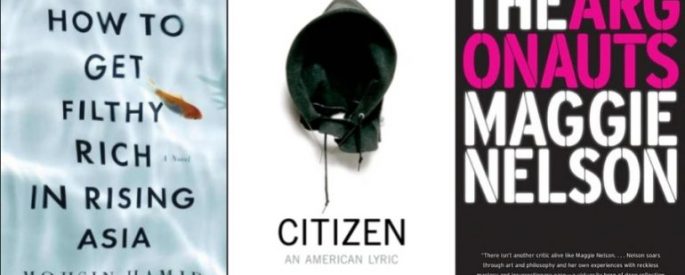
Used poorly, second-person reads like a trope; used well, second-person as a narrative device adds inclusivity to literature, raises questions of authorship, and helps an author communicate politically-charged topics like globalization, race, and gender. Mohsin Hamid utilizes second-person in his novel, How to Get Filthy Rich in Rising Asia,
Sincerely Yours
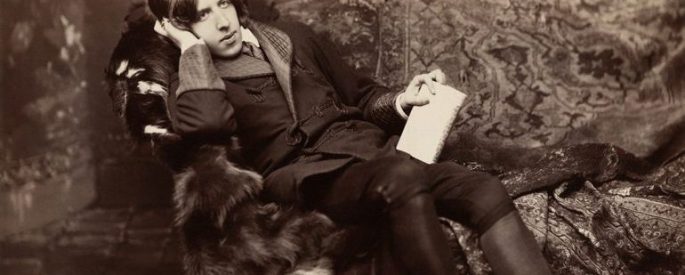
Because I’d just read “The Bridge,” which I only half-understood, rendering it sacrosanct to my wide-eyed freshman mind, I’d taken Hart Crane at his word when he wrote in an essay that “Sincerity is essential to all real poetry.” Rilke said it earlier in his own letter-turned-rule-book for all young
Depressing Graphs for Writers

Remember this series of graphs from last month that depressed the hell out of everyone? The one that reminded us that no book from a woman’s point of view has won the Pulitzer in the last 16 years? We could cry about it, or we could look at some more
Guns and Poems: Why is it (almost) impossible to write a great poem about guns?

Poetry has a history of violence. It was true a few hundred years ago, when bards wrote of knights and of great battles, and it is true today, when poets pick up their pens to write about the trauma of war, abuse, or repression. Whether they abhor it or
Interactivity and the Game-ification of Books
Author: Matthew Burnside | Categories: Authors, Fiction, Publishing, Reading, Series, Writing No comments
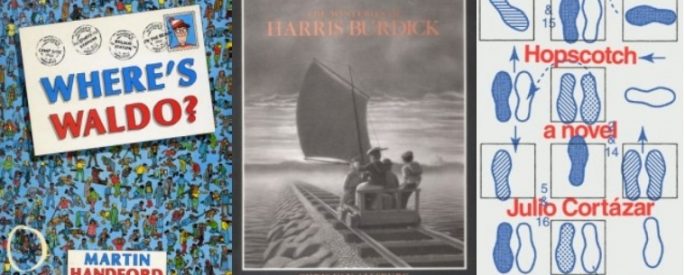
As an undergrad studying creative writing one of the first things I remember learning was the sin of gimmickry. Readers, I was taught, would see through your cleverness—it would be vile to them and they would hate you. But as a kid and teenager my favorite books employed some
“Poets should always take public transportation”: An Interview with Maureen Thorson

In her second book of poems, My Resignation, Maureen Thorson immerses us in the story of two people figuring out how to start a new life together. Her poems are finely textured, moving, and often humorous. She has a keen appreciation for the quirky natural detail or odd snippet
Why the Exquisite Corpse Works
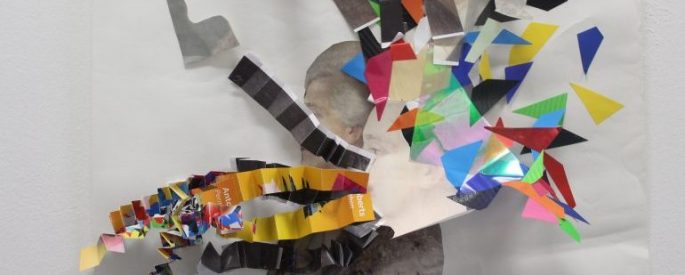
The first time I took part in an Exquisite Corpse, I was an undergrad in Lisa Russ Spaar’s workshop at UVA. I like to imagine she performed the exercise with her mentor, and he with his, and on and on in a long lineage of collaboration and gifting
Why Bother with Craft?

“Craft” was a dirty word at art school, a subtle derogative. The college dropped “and Craft” from their name so recently that the signs on the highway still held those words. Once, in a class critique, a peer called a hand-painted map used to make a stop motion short
Harold Bloom’s Song of Self

Here’s the story of my first and only encounter with Harold Bloom. It was the first week of a new semester, my last semester of graduate school, and I was waiting in a stuffy seminar room packed with sharply dressed undergraduates. The luckiest students had secured seats around the grand
“So that the poem is an act of discovery”: An Interview with Brian Komei Dempster
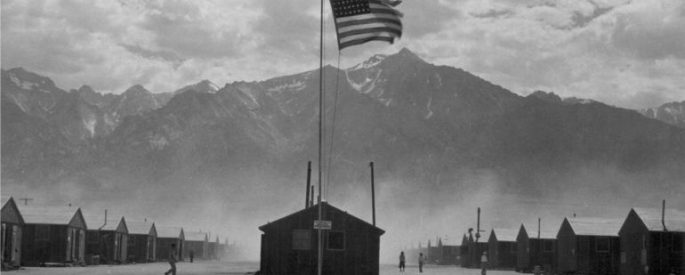
Brian Komei Dempster received the 15 Bytes Book Award in Poetry for his debut collection, Topaz (Four Way Books, 2013), which examines the experiences of a Japanese American family separated and incarcerated in American World War II prison camps. Through their interwoven narratives, his poems show us how the past